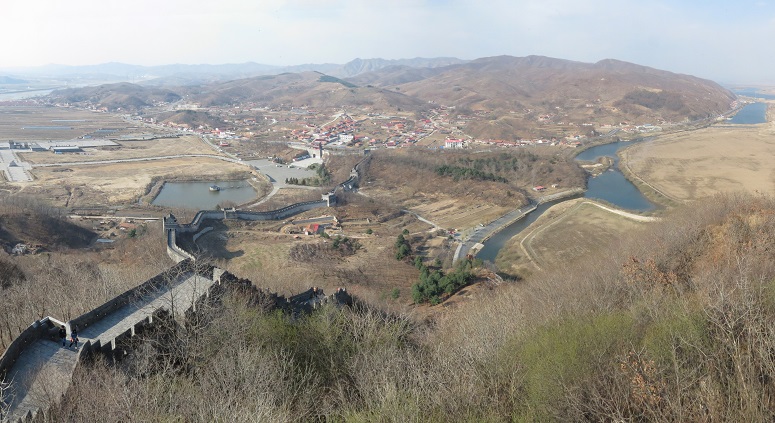
Hundreds of South Korean Christians, including church leaders, have been sent home in the last year by three provincial governments in north-eastern China in a move that is seen to be part of the implementation of a new set of rules to control religious activities.
There are thought to be over 1,000 South Korean pastors and missionaries in China, most working in the northeast, and their departure has led to closed churches and abandoned communities.
In Changchun, the capital of Jilin Province, as of early October there are now no remaining South Korean churches, according to the Korea Herald.
In January 32 South Korean missionaries were expelled from the Yanji region in Jilin Province, near the border with North Korea.
The Chinese government has not given an explanation for the departure of large numbers of South Korean Christians but the three provinces involved – Liaoning, Jilin and Heilongjiang – all border North Korea and government officials believe that some South Korean pastors are helping North Korean defectors.
New religious regulations
Chinese churches and their leaders have given a range of differing perspectives on the proposed new religious regulations, due to come into force on 1 February 2018.
The China Christian Council and Three-Self Patriotic Movement, the two organisations that comprise the state-sanctioned Church, said the new rules are a “major event for Chinese Christianity, [as] they clarify Christianity’s role and strengthen her constructions” and “offer … guarantees for the Sinicisation [making something more Chinese] of Christianity”.
Some church leaders have suggested the regulations are mainly focused on curbing the rise of Islamic extremism and will not greatly affect Christians. Others have said local authorities are typically reluctant to enforce regulations on churches because of fears of creating conflict and instability.
But others have said they have seen some tightening of restrictions, particularly related to student and youth work, and that some local authorities hand out punishments to avoid being criticised by their superiors.